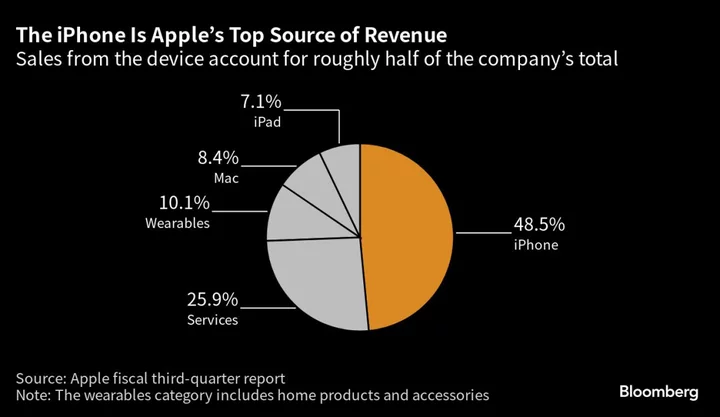Citigroup Inc. is looking to expand its footprint in a market that’s so far been dominated by Credit Suisse, according to a senior banker at the Wall Street firm.
Jay Collins, vice chairman of banking, capital markets and advisory, said Citi is “absolutely interested” in arranging new deals in the market for debt-for-nature swaps, which allows countries to restructure their debt in exchange for promises to protect the environment.
There are requests for proposals out there that “Citi is and will participate in to help get these deals done,” Collins said in an interview.
Before its near-collapse earlier this year, Credit Suisse had cemented a reputation as the top bank for arranging such refinancing structures. Its most recent swap marked a record deal arranged for Ecuador. That followed transactions for Barbados and Belize.
In all, the Swiss bank has helped replace about $2.3 billion of debt with roughly $1.2 billion of new financing tied to nature projects, according to Ramzi Issa, who oversaw the deals at Credit Suisse.
With Credit Suisse now being absorbed by UBS Group AG and mass job cuts underway, banks across the US and Europe are vying to structure the lucrative deals as new opportunities emerge. Barclays Plc says the market for debt-for-nature swaps may reach $800 billion, as the list of countries voicing interest grows.
Issa at Credit Suisse recently told Bloomberg he’s still keen to build out the market, even though that may no longer be possible within the Swiss bank.
Citi has already acted as a financial adviser to countries structuring debt-for-nature swaps, Collins said. “I’m huge fan.”
However, there’s also reason for caution, he said. The financial structures behind such deals remain “very complex and they take a long time,” according to Collins. “Most countries trading at deeply discounted debt can’t wait that long.”
The comments echo concerns raised by HSBC Holdings Plc, which has signaled it’s keen to compete for such deals. Farnam Bidgoli, HSBC’s managing director and global head of ESG solutions, recently told Bloomberg she thinks many countries would be better off tapping more traditional debt markets.
A key concern is keeping costs down for the borrower, Bidgoli said. She also pointed out that structures to date have left very little cash for actually protecting nature.
Debt experts and nonprofits are among those to have raised concerns regarding the costs associated with such swaps, especially after the products were adapted for private markets. And analysts at Barclays have questioned the use of a blue-bond label on swaps arranged for Belize and Barbados, after establishing that only some of the proceeds would go toward marine conservation.
“We have to create simplicity, scale, speed,” Collins said. “We can’t reinvent the wheel every time we do one of these transactions.”
Debt-for-nature swaps should be seen as just one part of a wider toolkit, he said. “This doesn’t solve the whole emerging markets debt problem,” Collins said.









